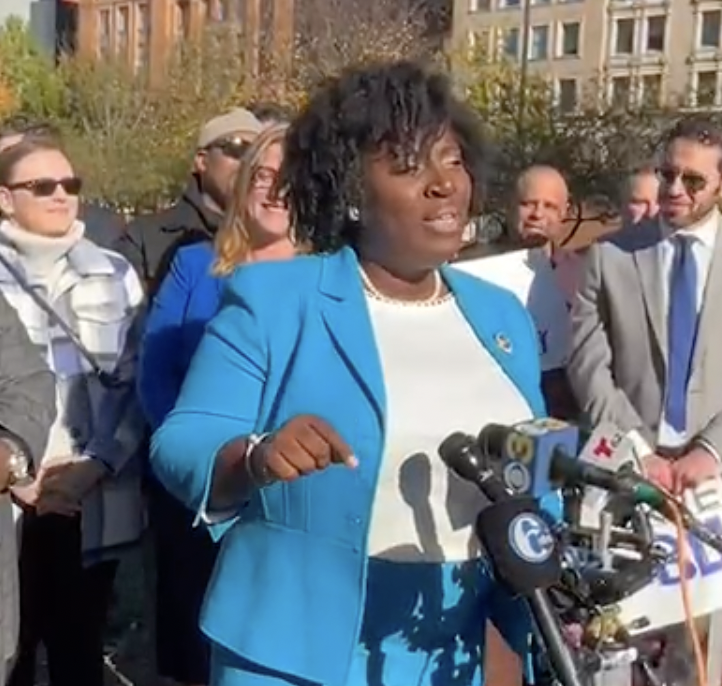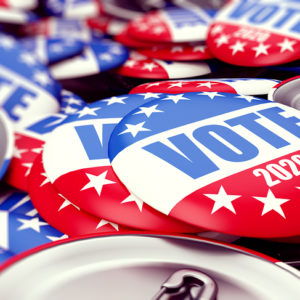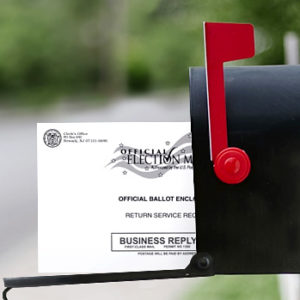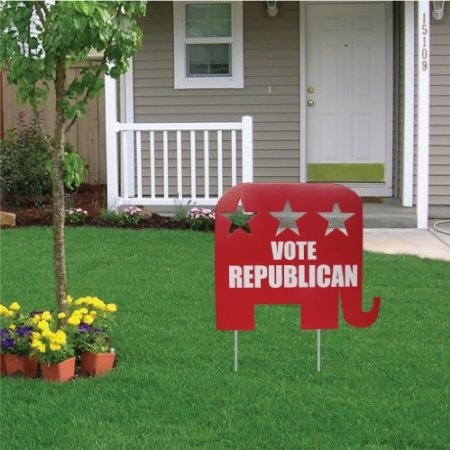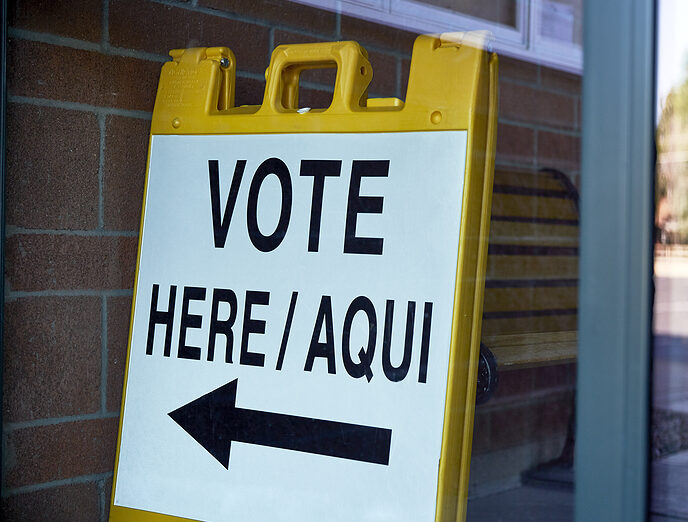Court Ruling on Undated Ballots Could Overturn Towamencin Township Election
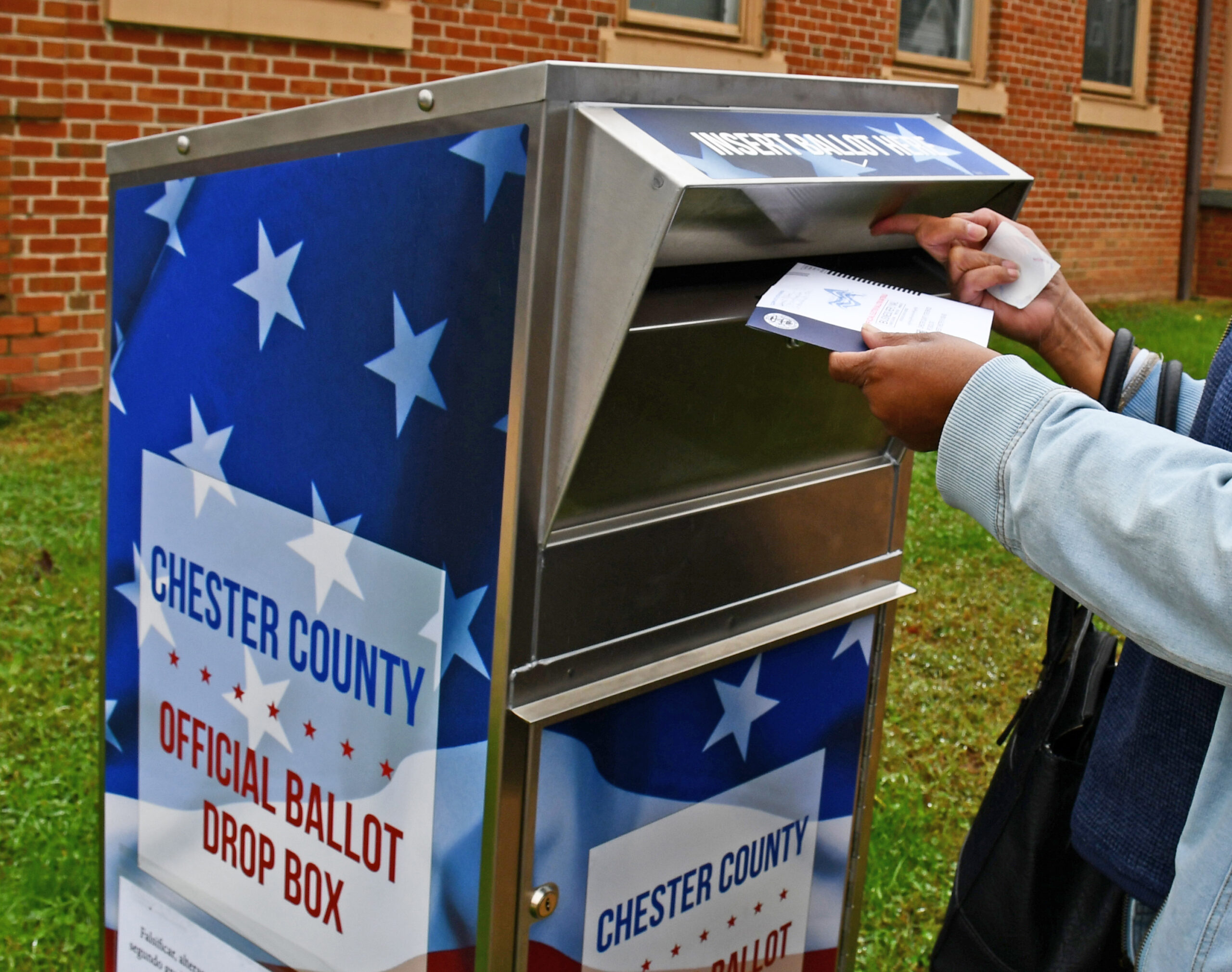
In what’s being called a landmark case for election integrity, the federal Third Circuit Court on Wednesday upheld a ruling by the Pennsylvania Supreme Court requiring people using mail-in ballots must put a correct date along with their signatures on the outer envelope.
It could also be a landmark for Richard Marino III of Towamencin Township. He lost the supervisor’s election to Kofi Osei when those ballots, now declared ineligible, were used in the final vote count.
The ruling overturned a previous ruling by a district court judge who found ballots from eligible voters received on time did not need to have a handwritten date or a correct date.
“The Pennsylvania General Assembly has decided that mail-in voters must date the declaration on the return envelope of their ballot to make their vote effective. The Supreme Court of Pennsylvania unanimously held this ballot-casting rule is mandatory; thus, failure to comply renders a ballot invalid under Pennsylvania law,” the Third Circuit panel said in its 2-1 majority ruling.
In the 2023 Towamencin Township supervisor’s election, Marino received the most ballots. But when the undated ballots were added, the race turned into a tie with Osei. As a result, the election was decided by a drawing to pick the winner.
Marino’s appeal is scheduled to be heard in the Commonwealth Court on April 3.
“I am happy the Third Circuit Court of Appeals found in our favor and rejected the idea that procedures put into place to secure election integrity somehow disenfranchises voters who ignore those procedures. I look forward to continuing this fight,” Marino said.
Christian Nascimento, chair of the Montgomery County Republican Committee, said Marino “absolutely should (return to the board). The Montco Board of Elections followed a process that has been deemed to be illegal.”
Republicans in the Keystone State and across the nation have made election integrity and the rule of law top priorities. The circuit court’s decision was praised by Republican National Committee Chairman Michael Whatley.
“This is a crucial victory for election integrity and voter confidence in the Keystone State and nationwide. Pennsylvanians deserve to feel confident in the security of their mail ballots, and this Third Circuit ruling roundly rejects unlawful left-wing attempts to count undated or incorrectly dated mail ballots. Republicans will continue to fight and win for election integrity in courts across the country ahead of the 2024 election,” Whatley said.
The American Civil Liberties Union (ACLU), however, opposed the decision, arguing the civil right to have a ballot counted overrides the civil right of citizens to pass and enforce election laws to prevent fraud.
“If this ruling stands, thousands of Pennsylvania voters could lose their vote over a meaningless paperwork error. The ballots in question, in this case, come from voters who are eligible and who met the submission deadline. In passing the Civil Rights Act, Congress put a guardrail in place to be sure that states don’t erect unnecessary barriers that disenfranchise voters. It’s unfortunate that the court failed to recognize that principle. Voters lose as a result of this ruling,” said Mike Lee, executive director of the ACLU of Pennsylvania.
“The court ruling is a gigantic win for Pennsylvania, the nation, and election integrity,” countered Pennsylvania GOP Chairman Lawrence Tabas. “The Pennsylvania GOP will continue to do everything we can to keep our elections safe and secure because, above all, Pennsylvanians deserve to have confidence in our elections.”
The Pennsylvania Department of State offered a measured response.
“The Department of State believes every vote by a qualified voter should be counted, and we are continuing to work to ensure that is the case in Pennsylvania,” said press officer Matt Heckel. “To that end, the department has made significant proactive improvements to mail ballot materials designed to cut down on undated or misdated mail ballot envelopes.”
The new ballots will be rolled out for the 2024 primary on April 23.
“Additionally, the department is encouraging counties to employ processes to provide notice to voters of these errors so that voters have a chance to correct them and ensure their votes are counted. The department is reviewing potential next steps as we analyze yesterday’s court decision,” Heckel added.
“The real winners in the Pennsylvania mail ballot case are the voters,” said Philadelphia election lawyer Linda A. Kerns. “In a well-reasoned opinion, the Third Circuit held that Pennsylvania law must be followed so voters can be assured, at least when it comes to dating, ballots across the commonwealth will be treated equally by election officials. I have no doubt the left will continue to attack the rule of law – but voters should feel confident with this victory.”
State Sen. Gene Yaw (R- Bradford) said, “The argument has always been about voter ID and all these other things out there, that it somehow restricts the number of people that can vote. And what the Third Circuit said in this particular case is that the signature requirement did not violate anything because it did not restrict the number of people that can vote. It only addressed how they can vote.
“Our Pennsylvania law did not run afoul of any federal requirement because we weren’t restricting the number of people.”

